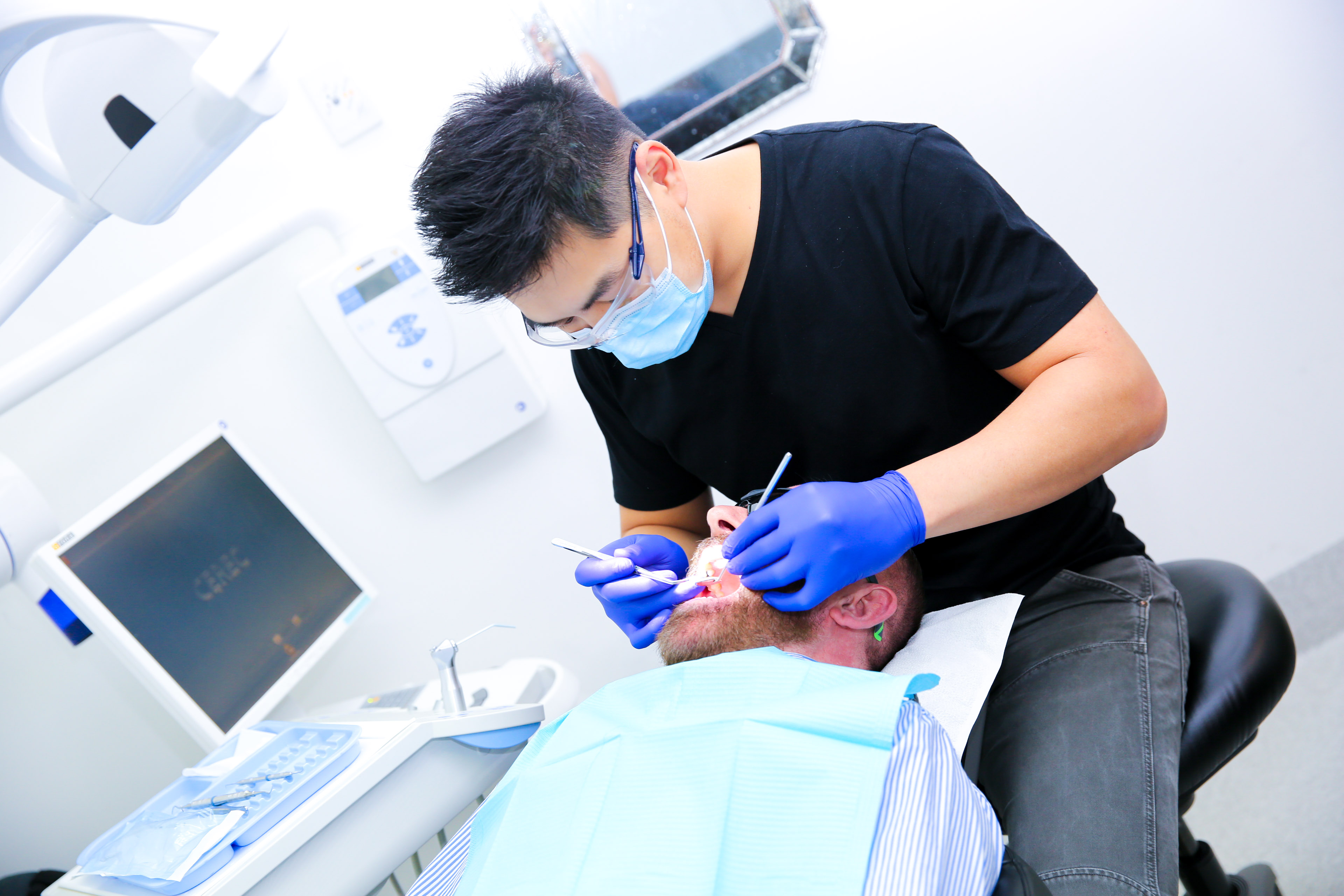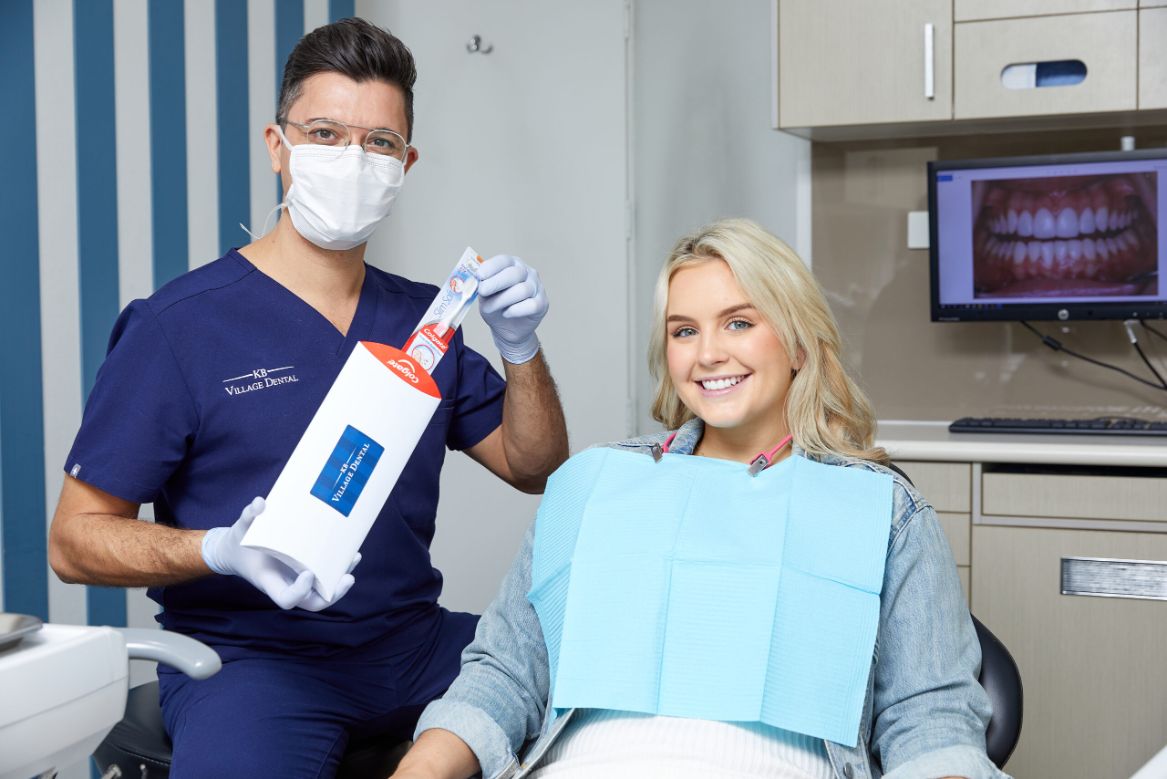Explore Emergency Dentist Newport Options for Urgent Dental Requirements
Explore Emergency Dentist Newport Options for Urgent Dental Requirements
Blog Article
Browsing Dental Emergencies: What to Do and Not to Do in Vital Circumstances
When faced with dental emergencies, the capability to respond properly can be critical in protecting against more complications and making sure the finest possible result. Recognizing what steps to take and what activities to prevent can make a substantial distinction in essential situations entailing dental issues (emergency dentist newport). From toothaches to knocked-out teeth, damaged oral fillings, jaw injuries, and oral bleeding, each scenario demands a specific approach that can affect both long-lasting and short-term oral health. Comprehending the do's and do n'ts in these defining moments can be the secret to protecting your dental health.
Immediate Activities for Toothaches
Upon experiencing a toothache, quickly wash your mouth with cozy salt water to minimize pain and minimize inflammation. This basic treatment can give short-lived alleviation by promoting and cleaning the afflicted area recovery. Seawater works by helping to lower germs in the mouth, which can contribute to the pain and swelling connected with a tooth pain. It also helps to extract any debris or pus that might be existing, supplying a relaxing effect on the aggravated tissues.
Along with rinsing with seawater, over the counter pain medications such as advil can be required to help manage the pain. It is very important to follow the advised dose instructions and speak with a doctor if the pain lingers or intensifies. Avoid putting pain killers directly on the tooth or periodontals, as this can result in chemical burns.
If the tooth pain continues or is accompanied by other signs and symptoms such as fever, swelling, or difficulty breathing, seek punctual dental like deal with the underlying reason for the pain. Early intervention can assist prevent further difficulties and reduce discomfort.
Taking Care Of Knocked-Out Teeth
When taking care of knocked-out teeth, prompt action is critical to increase the chances of successful reimplantation. It is essential to handle it effectively to protect its practicality for reattachment if a tooth is entirely knocked out. The very first step is to choose up the tooth by the crown (the white part) instead of the origin to prevent damaging the fragile tissues. It is vital not to touch or scrub the root surface area as this can harm the cells needed for reimplantation.

Trigger activity and appropriate handling of a knocked-out tooth can considerably affect the possibilities of effective reimplantation, so it is critical to act promptly and properly in such scenarios.
Dealing With Broken Dental Fillings
Correct upkeep and routine oral check-ups are necessary for addressing busted dental fillings quickly and guaranteeing the durability of your oral job. When a dental filling breaks, it can expose the internal layers of the tooth to bacteria, resulting in prospective infections and additional damage if left neglected. If you experience a damaged dental filling, it is crucial to call your dentist instantly to set up an appointment for fixing.
In the meanwhile, there are some steps you can take to handle a damaged oral filling at home. Stay clear of eating on the side of the mouth with the broken filling to avoid more damages. Rinse your mouth with warm deep sea to assist cleanse the afflicted area and minimize any pain. Over-the-counter dental cement can be utilized as a short-term procedure to cover the subjected dental filling and safeguard the tooth until you can see your dental expert.
Keep in mind that a damaged dental filling should be attended to without delay to avoid difficulties and protect the honesty of your tooth. Routine dental examinations can assist identify and attend to any type of concerns with your fillings before check over here they escalate right into more substantial issues.

Taking Care Of Jaw Injuries
In instances of jaw injuries, swift and proper monitoring is essential to minimize pain and protect against additional difficulties. Jaw injuries can result from numerous reasons such as injury, mishaps, or oral treatments. When faced with a believed jaw injury, it is necessary to seek immediate clinical focus from a health care specialist or go to the emergency situation area.
During prior to obtaining specialist care, there are a few steps that can be taken to manage jaw injuries. Firstly, applying a cool compress to the damaged location can help in reducing swelling and alleviate discomfort. It is necessary to stay clear of moving the jaw exceedingly and to avoid consuming chewy or hard foods that could aggravate the injury. Additionally, non-prescription discomfort medication can be required to take care of discomfort temporarily.
Additionally, if there is blood loss related to the jaw injury, mild pressure can be used using a tidy fabric to aid manage the blood loss. It is critical to remember that these are temporary procedures, and timely evaluation by a healthcare supplier is imperative to evaluate the degree of the injury and identify the ideal their website training course of treatment - emergency dentist newport.
How to Respond to Oral Bleeding
Following the administration of jaw injuries, resolving dental blood loss promptly is crucial in guaranteeing correct care and healing. Oral bleeding can arise from numerous reasons, such as trauma, oral procedures, or underlying clinical conditions. When encountered with oral bleeding, it is important to continue to be tranquil and take prompt activity to manage the situation.
To react properly to dental bleeding, start by gently rinsing your mouth with a moderate saltwater remedy to clean up the area and get rid of any kind of blood clots. If the blood loss persists or is extreme, look for professional dental care immediately.

Final Thought
Finally, it is vital to act immediately and properly when confronted with oral emergencies. Immediate activities for toothaches, handling knocked-out teeth, managing damaged dental fillings, managing jaw injuries, and reacting to oral bleeding are vital actions to make certain appropriate treatment and avoid more problems. Bear in mind to look for specialist help as quickly as possible to address any type of dental emergency successfully and efficiently.
From toothaches to knocked-out teeth, damaged oral fillings, jaw injuries, and dental bleeding, each scenario requires a specific method that can impact both temporary and lasting dental health. If this is not possible, save the tooth in a container of milk or the person's saliva to keep it damp while looking for prompt oral treatment.
Appropriate upkeep and normal oral exams are essential for dealing with damaged dental fillings quickly and making sure the durability of your oral job. Over the counter dental cement can be used as a short-term step to cover the exposed filling and safeguard the tooth till you can see your dentist.
Immediate activities for toothaches, taking care of knocked-out teeth, dealing with damaged dental fillings, managing jaw injuries, and reacting to oral blood loss are essential actions to make sure appropriate care and prevent more problems.
Report this page